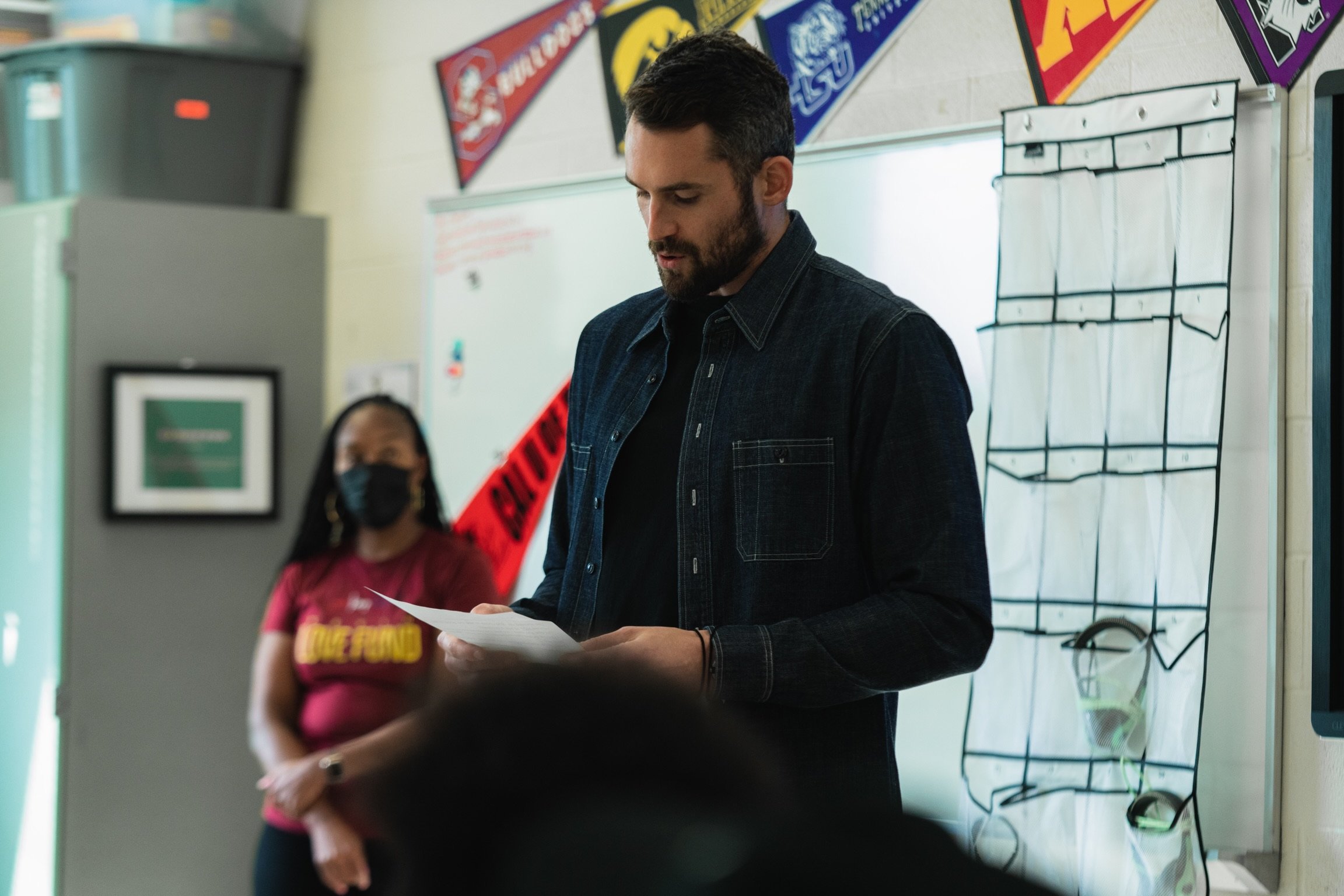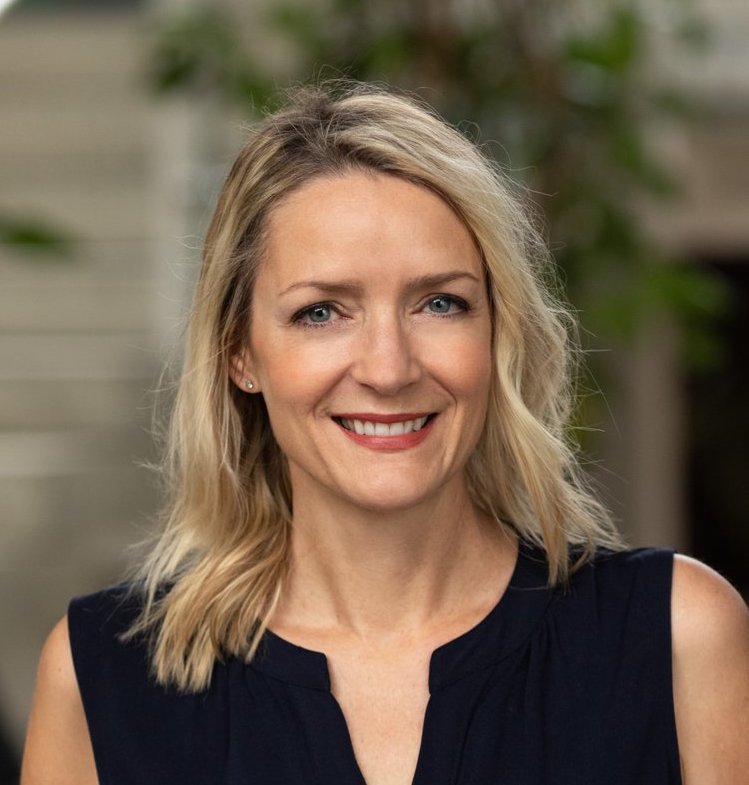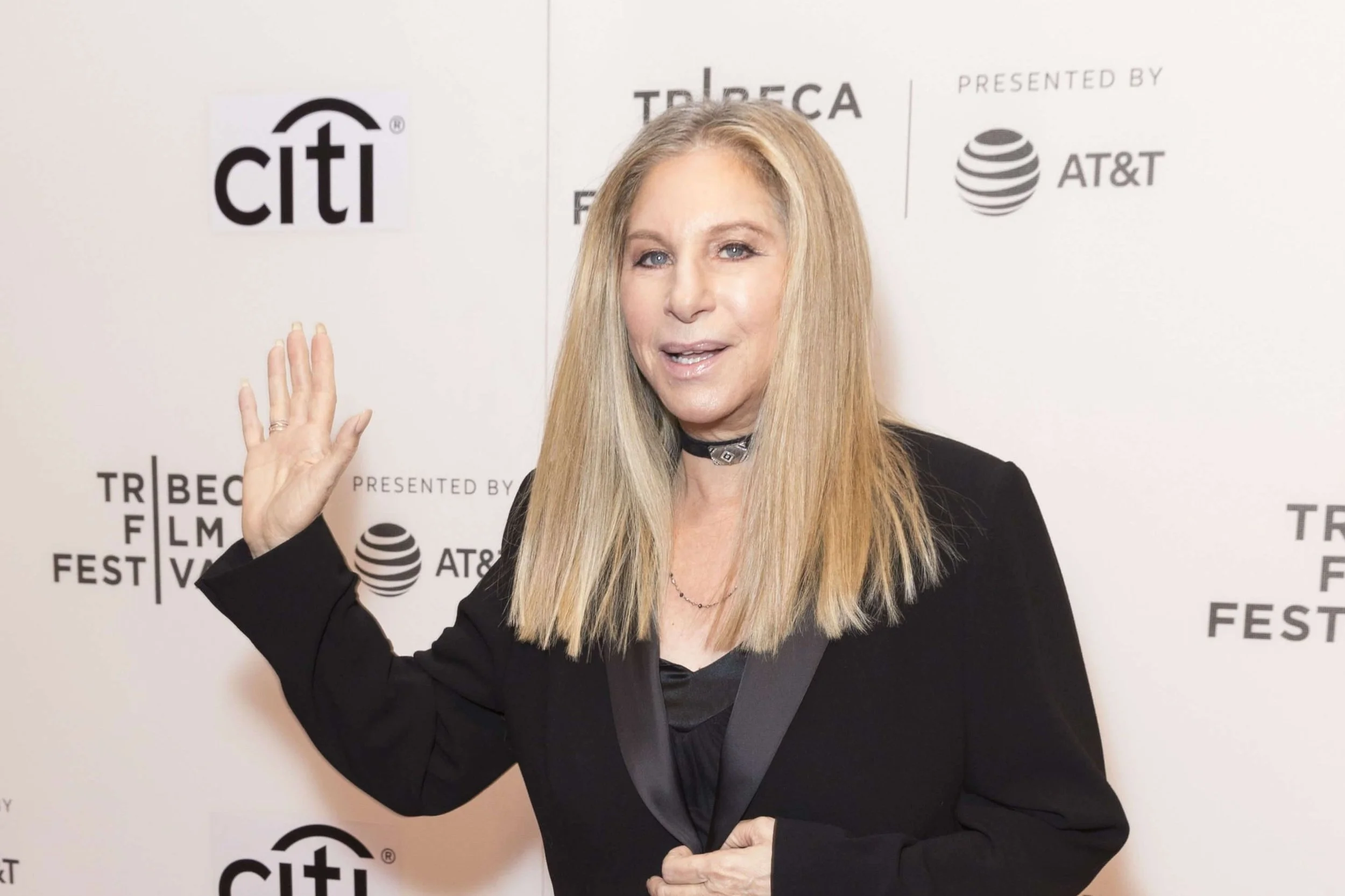Neal Baer, M.D.: How the Life Trajectory of a Hollywood Showrunner Shapes His Giving
/Kathy Hutchins/shutterstock
A son of a surgeon, Neal Baer grew up in a medical family in Denver. After graduating from Colorado College, he attended American Film Institute Conservatory as a directing fellow and earned master’s degrees from Harvard Graduate School of Education and Harvard Graduate School of Arts and Sciences in Sociology. Baer enjoyed early success in Hollywood, and in the early 1990s, was tapped by John Wells to work as a staff writer on medical drama ER, where he eventually climbed the ranks to become an executive producer. Baer also earned an M.D. from Harvard Medical School, traveling between the coasts to complete his schooling, all the while working in Hollywood.
Baer has since gone on to helm series like CBS’ Under the Dome, based on the Stephen King novel, and is currently executive producer of Designated Survivor, starring Kiefer Sutherland. For all his efforts, Baer is worth about $20 million by some estimates. And like a growing number of winners from Hollywood, he’s building a track record of philanthropy.
Baer once moved his giving through a formal family foundation with his ex-wife, but now makes individual donations to organizations, often tracking with board memberships. I recently sat down with Baer in Los Angeles to find more about his philanthropy. In the process, I discovered that Baer’s varied career path also plays a role in his layered giving, which has focused on two distinct causes in recent years.
Standing in “Three Worlds”
As I spoke with Baer, it didn’t take long for his unapologetic views to shine through. A top Hollywood supporter of Hillary Clinton, Baer recently had some choice words for Mitch McConnell. And every now and then, he railed against soda companies and warned me about just how unhealthy these carbonated beverages are (for the record, this writer almost never drinks soda). But for years, Baer has used his unique and seemingly disparate knowledge to champion the causes that he cares about.
“I stand in three worlds: storytelling, which is TV, movies and novels; medicine and social entrepreneurship,” he has said. “A lot of people get their health information from TV and the internet and act on it, so I didn’t want it to be inaccurate. I don’t think about it as educating, because I don’t want to be pedantic.”
In his early days on ER, Baer realized he could harness media to deliver vital information to the public. “If you just do a show about PPOs, people get bored. So you illustrate it with a story about the repercussions of a system where a couple can’t get good healthcare,” he’s said. “I was really interested in how I could take the public health issues and extend them.” At times, Baer has used philanthropy to achieve these aims. For instance, with a Kaiser Family Foundation grant in partnership with WBAL-TV and Johns Hopkins Bloomberg School of Public Health, ER ran 90-second health news segments on NBC affiliates, informing viewers about how to prevent a medical issue portrayed on that night’s show and where to get more information.
More recently, Baer produced a documentary called If You Build It, about high school students from the poorest county in North Carolina using “design thinking” to build a farmers’ market to save their community. Baer received a grant from the Robert Wood Johnson Foundation to contribute research and write the afterword for Soda Politics: Taking on Big Soda (And Winning). He’s also received a storytelling grant from the California Endowment to work on projects that promote better health through storytelling.
Two Top Causes
These days, however, Baer has turned his philanthropic attention to LGBTQ causes and obesity. This focus is due in large part to deeply personal forces.
Earlier in the decade, Baer, 64, came out as gay, saying in a HuffPost article that “when I finally came out… I was relieved. No, it was more than relief: It was an ineluctable freedom and joy. I can say to you that I’m glad I’m gay, that I love being gay. I love being who I am.” Baer told me about ONE National Gay & Lesbian Archives at the USC Libraries, the largest repository of LGBTQ materials in the world. Baer serves on the board of the ONE Archives Foundation, to which he gives support.
Baer is also involved with his alma mater Harvard. He recalls studying at Harvard Medical School in the 1990s, where he only counted two LGBTQ students (himself not included) in a class of over 100. Baer launched a scholarship to improve these numbers, and tells me that there are now 20 students who identify as LGBTQ. Baer also supports the Point Foundation, the nation’s largest scholarship-granting organization for LGBTQ students of merit.
“I don’t think people realize just how unhealthy soda is. From diabetes to obesity… it’s just bad,” Baer tells me. To that end, Baer has supported obesity reduction research at Harvard. He joined the Department of Community Health Sciences at UCLA’s Fielding School of Public Health as a research scientist, and is now an adjunct professor. There, he established the Global Media Center for Social Impact (GMI), where he’s worked on projects using new media to promote health initiatives and social activism around the world— particularly on HIV prevention and reducing obesity.
Away from this two-pronged focus, Baer also supports a general scholarship at his alma mater, Colorado College. He’s been a backer of Human Rights Watch, and serves on the board of Venice Arts, which he’s supported for years. Baer also once co-chaired Hollywood Health & Society, which operates through USC’s Norman Lear Center, and ensures that television and films have accurate medical information for their stories. He’s helped Mothers2Mothers tell the stories of African women with HIV/AIDS by teaching them photography. He was a longtime supporter of Venice Family Clinic, a community health center, as well.







































